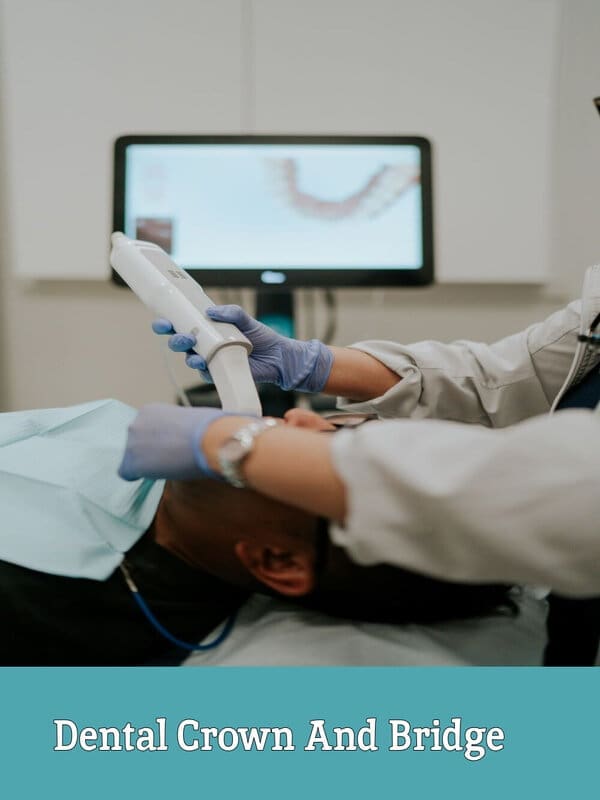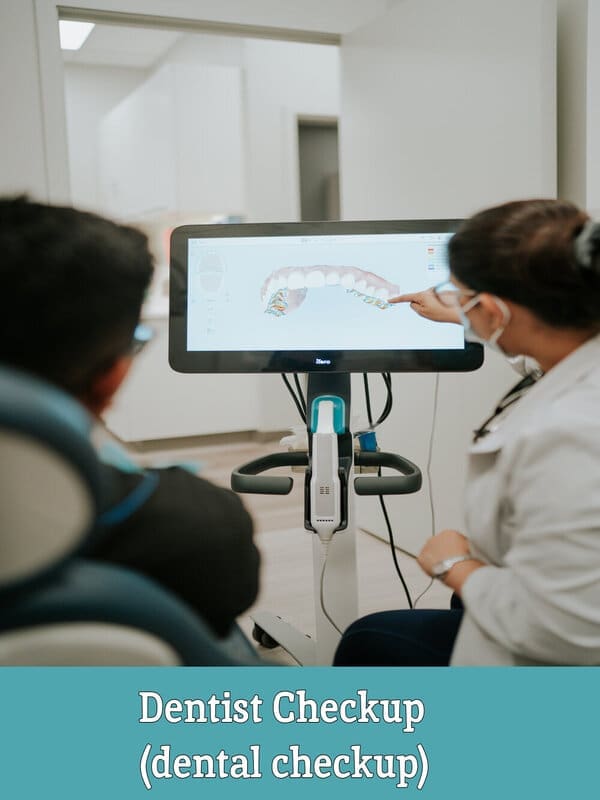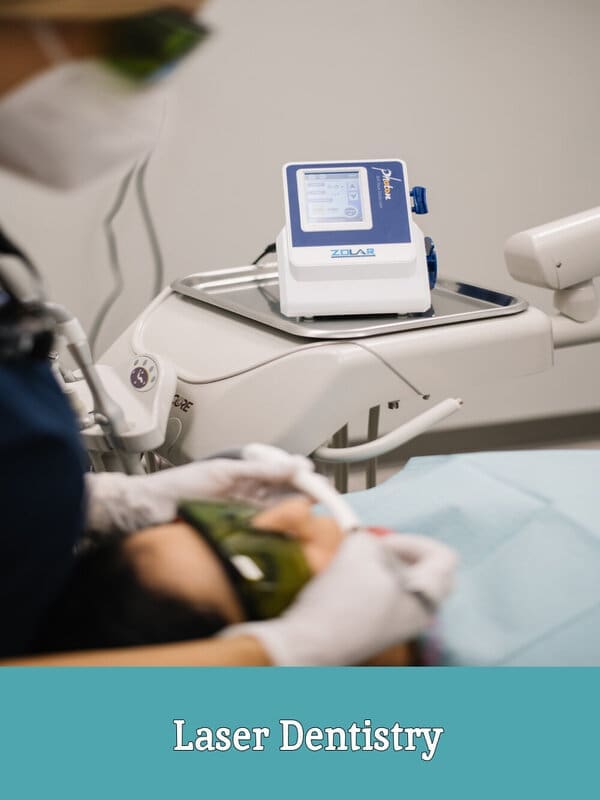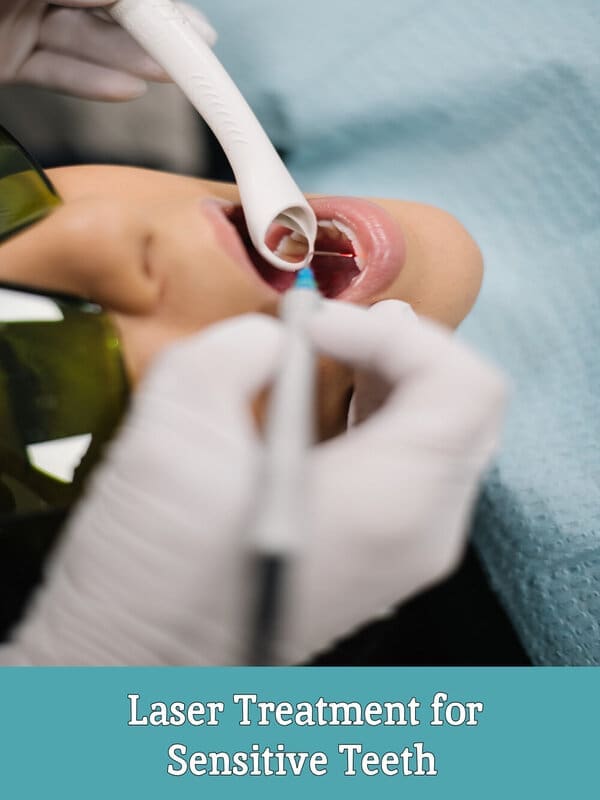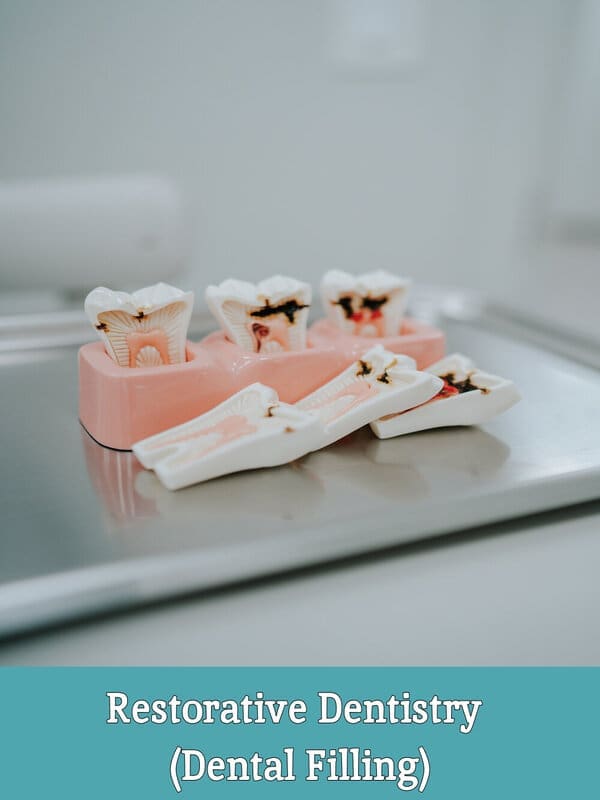Root Canal Treatment

Root Canal Treatment
We understand that the idea of a root canal treatment can be nerve-racking but while the procedure may seem daunting, it’s actually a routine treatment that can save your tooth and relieve pain. Thanks to the advanced dental technology and sedation options at Clean Smiles Dental Hygiene Clinic, the process is now more comfortable and less painful than ever before.
A root canal, or endodontic therapy, is a dental procedure performed when the pulp inside a tooth becomes infected or damaged. The pulp contains nerves, blood vessels, and connective tissue necessary for tooth development but is no longer essential for tooth function once it has fully formed.
While the cost of a root canal can vary depending on various factors, such as the location and complexity of the case, it is important to consider that leaving an infected or damaged tooth untreated may lead to more severe oral health issues in the future. Furthermore, we offer innovative financing options through our Clean Smiles for Community Program that can help alleviate the financial burden associated with this procedure.
Recognizing the signs that indicate the need for a root canal, consulting with your dentist promptly, and considering available financing options can ensure a smooth and effective treatment process. Remember, the long-term benefits of saving your natural tooth through root canal therapy far outweigh any temporary discomfort or financial concerns.
What Is A Root Canal?
A root canal is a dental procedure that is performed to save a severely damaged or infected tooth. It involves removing the infected pulp from the tooth and cleaning and disinfecting the affected area before sealing it to prevent further infection. This procedure is necessary when the tooth’s pulp, which contains nerves, blood vessels, and connective tissue, becomes inflamed or infected due to deep decay, repeated dental procedures on the same tooth, cracks or chips in the tooth, or trauma to the face.
It is essential to contact your dentist or dental insurance provider for an accurate cost estimate, as they can provide specific information related to your situation. While root canals have gained a reputation for being painful procedures, advancements in dental technology and anesthesia have significantly improved patient comfort during the treatment.
Signs indicating that you may need a root canal include persistent pain in the affected tooth, swelling around gums or abscess formation near the tooth, discoloration of the tooth itself, and tenderness in nearby lymph nodes.
It’s vital to consult with your dentist to get an accurate estimate based on your specific situation. While root canals have improved in terms of patient comfort, alternatives such as tooth extraction should be carefully considered, as root canals may lead to additional dental problems in the long run.


Signs You Need A Root Canal
Determining whether you need a root canal can be a daunting task, especially if you are unfamiliar with the signs and symptoms associated with this dental procedure. This is why it’s important to have regular dental checkups with a hygienist who can proactively identify any dental issues using their expertise.
However, knowing how to recognize some simple signs on your own can let you know if you may need a root canal. Some common symptoms include
- Persistent pain or discomfort in the affected tooth
- Increased sensitivity to hot or cold substances
- Swelling or tenderness around the gums near the affected tooth
- Discoloration of the tooth
- Recurring gum abscesses
If you experience any of these symptoms, it is important to consult with your dentist promptly to determine whether a root canal is necessary. Contrary to popular belief, a root canal treatment should not be delayed due to concerns about cost.
Consulting with your dentist promptly will allow them to perform necessary examinations and take x-rays if required, enabling them to accurately diagnose whether a root canal is necessary based on their findings. Overall, understanding these key signs – persistent toothache or pain, heightened sensitivity levels – will help you to recognize when it might be appropriate for a root canal procedure.
Remember that early detection and treatment play vital roles in minimizing discomfort and preserving dental health while potentially preventing more extensive dental work later on.
How Long Does A Root Canal Last Without A Crown?
Once the root canal procedure is completed, it is essential to consider the importance of getting a crown to protect the treated tooth.
However, you may wonder how long a root canal can last without a crown and whether it is safe to delay getting one. In general, the longevity of a root canal treatment without a crown can vary depending on several factors, including the tooth’s condition before the procedure and how well it is taken care of afterward.
While there isn’t an exact timeframe that applies universally, it is generally recommended not to delay getting a crown after undergoing a root canal. Without proper protection provided by a dental crown, there are risks associated with leaving the tooth exposed for an extended period.
When a tooth undergoes root canal therapy, its structure becomes weakened as the infected pulp inside is removed. This can increase vulnerability to further damage or fracture over time if not properly reinforced with a dental crown.
Additionally, without the protective covering of a crown, bacteria from plaque and food particles can re-enter the treated area through small openings or cracks in the tooth. This may lead to reinfection and potentially necessitate additional dental procedures such as retreatment or even extraction.
It’s worth noting that each case varies depending on individual circumstances and teeth conditions. An experienced dentist will assess your specific situation during regular check-ups and provide guidance regarding when to get your dental crown after completing your root canal treatment.
It’s crucial not to postpone this step since prompt action helps ensure the long-term success and functionality of both your treated tooth and overall oral health. While there isn’t an exact duration specifying how long a root canal can last without a crown, it’s advisable not to delay obtaining one promptly after completing the procedure.
The purpose of placing a dental crown on top of the treated tooth is to provide necessary reinforcement for its structure while protecting against potential reinfection. By following your dentist’s recommendations and promptly addressing the need for a crown, you can maximize the longevity and success of your root canal treatment, ensuring a healthy and functional smile for years to come.


What Is An Alternative To A Root Canal?
You might wonder if there are any alternatives to getting a root canal. While root canals have proven to be highly effective in saving a tooth that would otherwise require extraction, there are alternatives worth considering based on individual circumstances.
Extraction
One alternative to a root canal is the extraction of the affected tooth. This option may be suitable for cases where the tooth is extensively damaged or decayed beyond repair.
However, it is vital to understand that extraction does not address the underlying issue and may lead to further complications such as shifting teeth, bite problems, and potential bone loss in the jaw. Additionally, replacing an extracted tooth with a bridge or implant can involve significant costs and extensive procedures.
Regenerative Endodontics
Another alternative to a traditional root canal is called regenerative endodontics. This emerging field focuses on revitalizing damaged dental pulp rather than removing it entirely.
Regenerative endodontic procedures aim to encourage healing and regeneration within the pulp by using stem cells and other growth factors. Although still considered an experimental treatment in some cases, regenerative endodontics shows promise in preserving natural teeth without resorting to traditional root canal therapy.
It is important to note that not all patients will qualify for these alternative treatments, as eligibility depends on various factors such as the severity of the infection or damage, overall oral health, and individual patient preferences. Therefore, consulting with an experienced dentist who can assess your specific case and provide personalized recommendations is crucial.
How Long Does A Root Canal Take?
The duration of a root canal procedure can vary depending on several factors, including the complexity of the case and the specific tooth being treated. On average, a standard root canal treatment can take anywhere from 1-2 hours to complete. However, it is essential to note that this estimate may not be true for every situation. The length of a root canal procedure is influenced by various variables, such as the number of canals in the tooth and their accessibility.
Front teeth generally have only one canal, making the process relatively straightforward and shorter in duration. On the other hand, molars typically have multiple canals that may be more challenging to locate and treat effectively.
Diagnosis:
Your dentist or endodontist will carefully examine X-rays and conduct thorough assessments to identify the infected or damaged tooth.
Anesthesia:
Your dentist will begin by administering local anesthesia to ensure your comfort throughout the process.
Isolation:
A rubber dam or cotton is placed to keep the tooth dry.
Access Hole:
A small hole is drilled into the tooth’s crown.
Pulp Removal:
Infected or damaged pulp is removed.
Cleaning and Shaping:
Root canals are cleaned and shaped.
Disinfection:
Thorough disinfection of canals to remove bacteria.
Filling:
Canals are filled with a biocompatible material. Depending on how many canals need filling, this step can take varying amounts of time.
Sealing:
Access hole is sealed with a temporary filling. The length of time needed for this step is relatively short.
Restoration:
A dental crown may be placed for protection.
Factors such as the number of canals in the tooth and their accessibility play a significant role in determining how long each particular root canal treatment will take. It is essential to consult with your dentist or endodontist for an accurate estimate based on your specific circumstances.
How Much Does A Root Canal Cost?
When it comes to considering a root canal treatment, one crucial aspect that often weighs heavily on a patient’s mind is the cost involved. Understanding how much a root canal procedure costs can help individuals make informed decisions about their dental health and budgeting.
The cost of a root canal can vary depending on various factors such as the location of the dental practice, the complexity of the case, and whether it is a general dentist or an endodontist performing the procedure. In general terms, the average cost of a root canal treatment ranges from $800 to $1,500 per tooth.
Additionally, if an emergency root canal is required due to severe pain or infection, the overall cost might increase due to immediate attention and time constraints. Several factors contribute to determining the overall cost of a root canal procedure.
One crucial element is whether additional procedures such as X-rays or retreatment are needed during or after the initial treatment. Dental X-rays are essential diagnostic tools that assist dentists in identifying any underlying issues with teeth and surrounding structures before initiating treatment.
Typically included within the overall cost of a root canal procedure, X-rays help ensure accurate diagnoses and effective treatment planning. However, if additional X-rays beyond routine ones are necessary during your specific case—such as when complications arise—it may lead to higher costs.
It is worth mentioning that the cost of a root canal is a long-term investment in your oral health. Neglecting necessary treatment can lead to further complications, potentially resulting in tooth loss and more extensive and expensive procedures such as dental implants or bridges. Therefore, it is essential not to delay seeking proper dental care if you suspect you may need a root canal.


Looking for a root canal treatment near you?
Clean Smiles Dental Hygiene Clinic offers advanced and comfortable root canal treatments to save damaged teeth. Recognizing signs like persistent pain or swelling is crucial, and Clean Smiles provides innovative financing options.
Promptly obtaining a dental crown after a root canal is vital for long-term success, protecting against re-infection and structural issues. Clean Smiles encourages individuals to consult experienced professionals to explore alternatives like extraction or regenerative endodontics based on their unique circumstances.
Embark on the journey to a confident smile by visiting Clean Smiles Dental Hygiene Clinic. Our dedicated team prioritizes your oral health, providing compassionate care with cutting-edge technology. Don’t let cost concerns or anxiety hinder your dental care—schedule a consultation today and take the first step towards a healthier smile.
Other services
Book Your Appointment
We will contact you shortly to schedule your appointment

